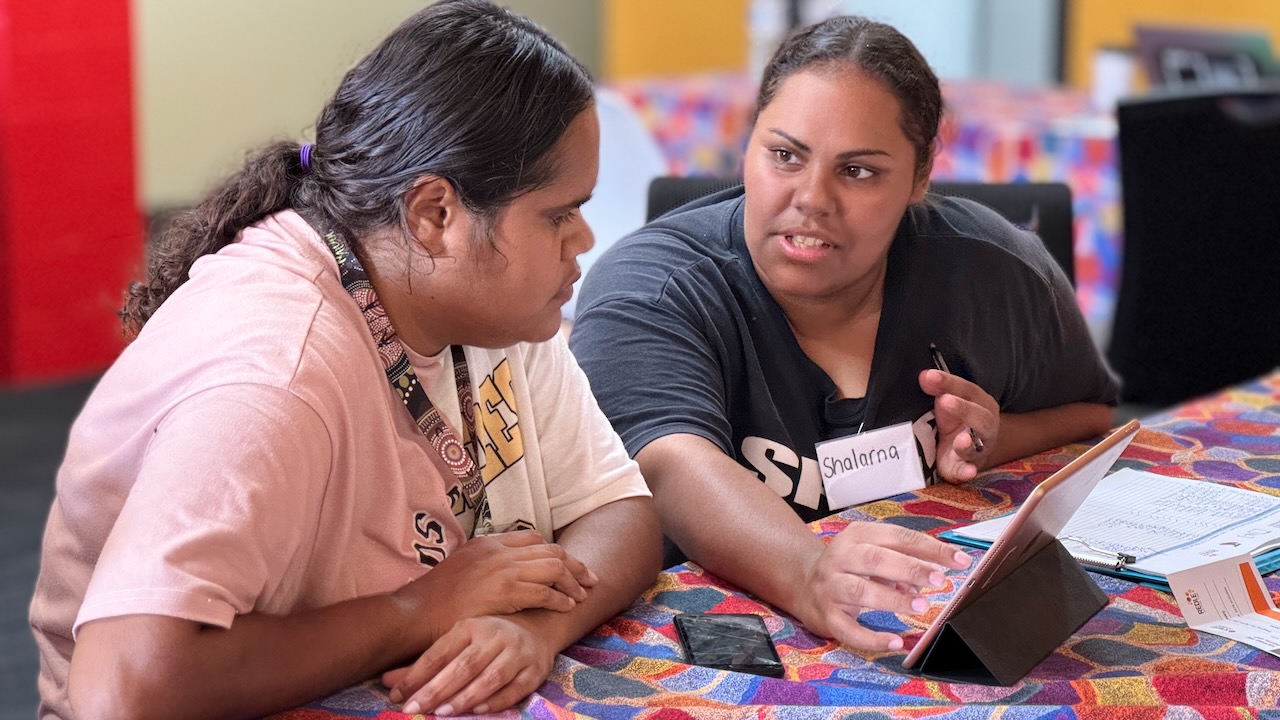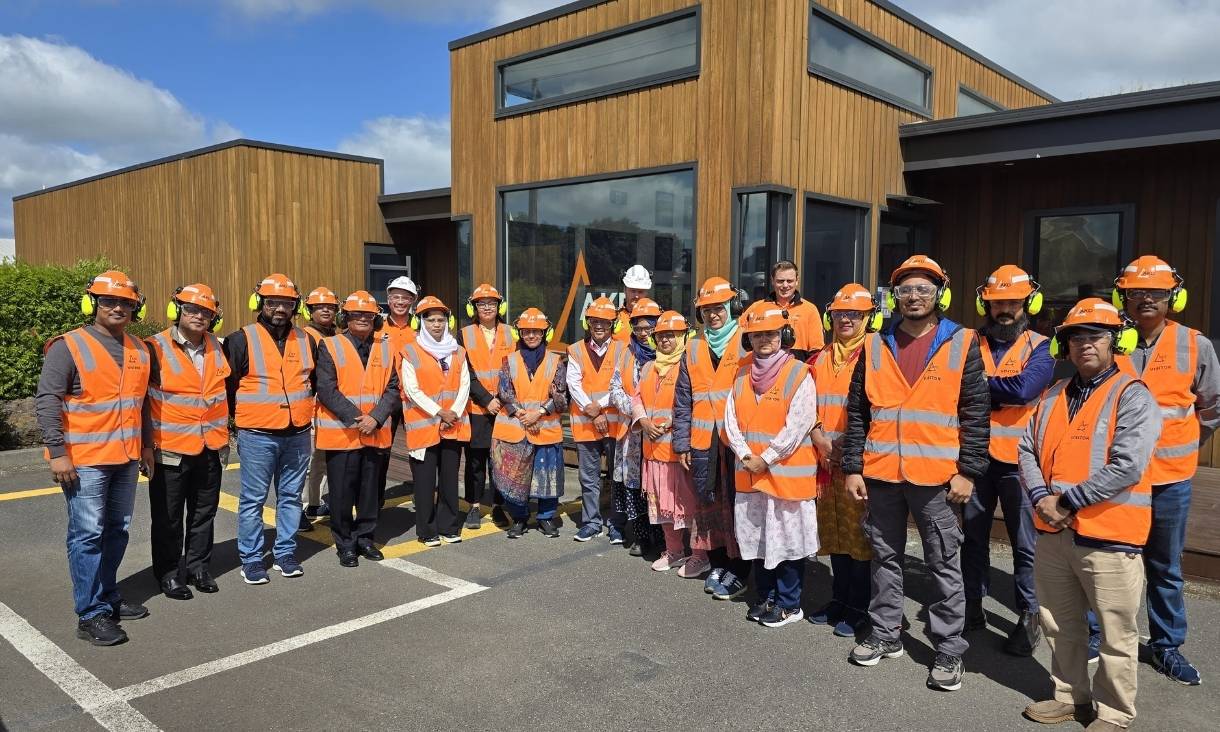IDEVAW also marks the start of the international campaign 16 days of activism against gender-based violence under the global theme, “Orange the World: Fund, Respond, Prevent, Collect!".
Technology facilitated abuse
Associate Professor Anastasia Powell (0421 556 613 or Anastasia.powell@rmit.edu.au)
Topics: Technology Facilitated Abuse, Revenge Porn, Online Harassment, Sexual Assault, Covid-19.
“The International Day for the Elimination of Violence Against Women is a time to reflect on how we are performing as a nation to ultimately prevent this violence from occurring.
“Sadly, violence against women is still common in Australia and there is evidence that it may have increased during the COVID-19 pandemic.
“Reports of technology facilitated forms of abuse such as so-called revenge porn has more than doubled compared with those in 2019, according to figures from the e-Safety Commissioner.
“For women, technology facilitated abuse is most often perpetrated by an intimate partner and associated with multiple forms of abuse, including physical violence.
“The root cause of violence against women is gender inequality and there lies the key to preventing it from happening in the first place. We know that the COVID-19 pandemic has disproportionately impacted women, widening the gap on gender inequality.
“So, the urgent task before us is to ensure we build gender equality into our national agenda for economic recovery.”
Anastasia Powell is Associate Professor in Criminology & Justice Studies at RMIT University. Her research examines sexual and partner violence in both online and offline settings, with a key focus on gender, sexuality, justice responses and prevention. She is a regular contributor to The Conversation, and an advisor on several government and non-government projects concerning violence against women.
Promoting healthy masculinities
Dr Glen Donnar (0424 656 632 or glen.donnar@rmit.edu.au
Topics: men and masculinity, social marketing, social systems, social advertising, behaviour change.
“This year, in the wake of broad societal lockdowns to combat the spread COVID-19, has witnessed a rise in domestic gender-based violence, including in coercive and controlling behaviours.
“Males are overrepresented across an array of health problems and social issues, including as perpetrators of gender-based violence.
“Males are especially unresponsive, even actively resistant, to social marketing messages they feel threaten their sense of control and question their competence.
“This not only inhibits the possibility of attitude and behaviour change, but negatively impacts the wellbeing of all men and women.
Typical social marketing campaign approaches continue to imagine gender in terms of rigid roles and binary categories, narrowly focus on individual behaviour change, or presume that awareness will lead to spontaneous, self-directed, and voluntary behaviour change.
“These individual behavioural interventions are insufficient to encourage difficult to reach and persuade male target audiences because they fail to preserve senses of control, competence and agency.
“Social marketing campaigns targeted at male cohorts must deploy more nuanced presentations of gender and genuinely involve them throughout the life of the campaign to change deeply held attitudes and widely practiced behaviours.”
Dr Glen Donnar is a Senior Lecturer in the School of Media and Communication at RMIT University. His research primarily examines popular cultural and screen representations of men and masculinities.
Workplace sexual harassment
Dr Elizabeth Shi (0403 553 044 or elizabeth.shi@rmit.edu.au)
Topics: sexual harassment, workplace culture, Sex Discrimination Act 1984, power imbalance at the workplace, politicians’ integrity, political accountability
“Empirical data reveals during COVID-19, more Australian women are coming forward with historical complaints of workplace sexual harassment.
“This is potentially because more women are working from home during COVID-19 and do not have to work side by side with the perpetrators, which has emboldened them to make formal complaints.
“In a 2018 national survey conducted by the Australian Human Rights Commission, 43% of survey respondents reported they suffered negative consequences after making a complaint about sexual harassment.
“These negative consequences included being labelled “trouble makers” and being ostracised, victimised and ignored by managers and colleagues. There were also reports of complainants being demoted or made redundant, as well as resigning because of the aftermath of the complaint.
“The negative consequences women suffer after complaining must be acknowledged and addressed if we are serious about eliminating workplace sexual harassment.
“It is time for law-makers, employers, human resources professionals and trade unions to take the lead and make real changes to end workplace sexual harassment.”
Dr Elizabeth Shi is a senior lecturer in law at RMIT University. She teaches and researches in the areas of employment law and discrimination law and is widely published in the areas of sexual harassment, gender equality and employment security.
Gender inequality at work
Lisa Heap (0418 996 354 or lisa.heap@rmit.edu.au)
Topics: Gender inequality, gender-based violence (including sexual harassment) at work, gender pay inequality
“The COVID pandemic has put a spotlight on gender inequality at work.
“Women are at the frontline of workers disproportionately exposed to COVID and to violence during the pandemic.
“Women make up most of the retail, healthcare, social care, domestic and cleaning workers. They are the lowest paid and are more likely to have lost employment and to fail to qualify for supports like Job Keeper.
“Enforced teleworking (working from home) has exposed women to more instances of domestic and family violence. Employers have obligations to manage the work-related aspects of domestic and family violence, however the pandemic has challenged the capacity of employers to respond effectively regarding this obligation where women are working at home.
“Recovery plans and stimulus packages must consider the gendered impact of COVID-19, while industries worst hit, where women are the majority, should be prioritised for resources.
“The federal government should immediately commit to ratifying the ILO’s recently adopted Convention on the elimination of violence and harassment in the world of work. The Convention will give workers and employers the tools to combat violence and harassment at work.”
Lisa Heap is a researcher based at RMIT University. Her current research is investigating new regulatory approaches to prevent gender-based violence at work. She also advises unions, business and policy makers on ways to address the structural barriers to equality at work.
***
For media enquiries, please contact RMIT Communications: 0439 704 077 or news@rmit.edu.au




